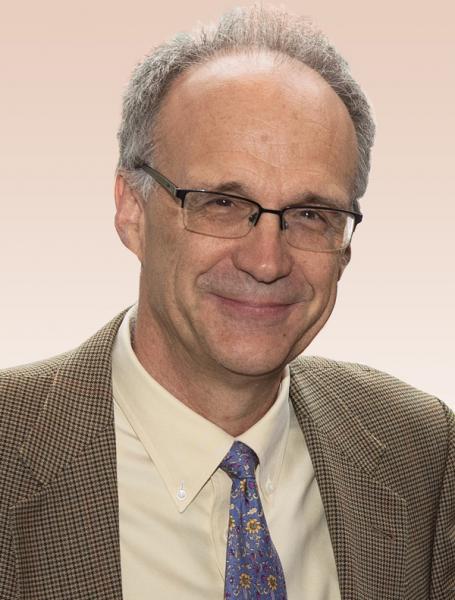Christmas reflects the belief that God doesn’t dismiss humanity and bodiliness as irredeemable but does
the opposite and intimately embraces them by becoming human. Strikingly, God chose to appear not
among the rich and powerful but in Galilee, among the 1st century’s defeated and marginal. As such,
Christmas offers both comfort and challenge.
The two gospel accounts of Jesus’ birth help make this point. Luke’s provides most of the fodder for Hallmark cards. It has singing angels, cute animals, and great joy. Looking more closely, we see parents who were such impoverished travelers the only place they could rest their newborn was in an animal’s feed trough. Matthew’s account is more ominous. He depicts Jesus as a threat to a corrupt regime. As a result, Jesus and his family flee home, become refugees in Egypt, and, in so doing, barely escape a massacre aimed at snuffing him out. In light of all this, one might say that God has a “preferential option” or special concern for the poor, marginal, vulnerable, and oppressed. Christmas challenges by inviting us to consider what it might mean to make such a preference our own as individuals and as a society. It also comforts in the sense that it suggests that God somehow shares in human suffering and finitude.
Associating Christmas with “enfleshment” is also a reminder of what humans share. That is, humans are also animals. Like plants, we are living creatures. Like rocks, water, and stars, we are material. As such, the Incarnation also implies that God became not only human, but also animal, creature, and material. As a result, Christmas invites us to consider what it would mean for us as individuals and as a society to recognize the holiness of the whole universe and our intimate connection not just to other humans but to all creation.
May you experience comfort (and even challenge!), blessing and a time of rest and re-creation this holiday season!

Tom Ryan, Ph.D.
Marjorie R. Morvant Professor of Theology and Ministry
Director, Loyola Institute for Ministry
Associate Dean, College of Nursing and Health

